This interdisciplinary book looks at women’s natural resource-based livelihoods in the wider context of development viewed through the lens of citizenship rights. Unravelling the patriarchal social fabric and policy structures in India, it argues that the concept of citizenship needs to be extended to include recognition of ways of life and livelihood, so that women take their legitimate space as productive human beings, entitled to dignity as a political right, and not merely to protection and welfare. The editor weaves together a historical perspective on varied dimensions of livelihood, development and citizenship. Drawing upon rich field-based researchers in 13 states across India, the authors deal with complex and inter-related themes: the need to recognise women’s right to resources and their livelihood and employment strategies; the challenges of democratic governance and of restructuring institutional systems to make them responsive; and the role of women’s collective agency in development. Reflecting upon and critically analysing context-specific issues in several less-studied locations, the book shows that there is much to be learnt from empathetic interaction with the collective struggles of poor women, and from action and dialogue on the ground. Further, it suggests that feminist politics has to network strategically with other struggles to counter the resistance of traditional and contemporary patriarchal structure, and to work towards recasting citizenship for a gender-just development that ensures women’s livelihood rights. With its fresh perspective and insights, this book would be invaluable for research institutions, NGOs, donor agencies and individual practitioners and students working in the fields of gender and development, natural resource management, and livelihood policy, planning and interventions.
Feminists and Science: Critiques and Changing Perspectives in India
Feminists and Science, ...
$54.00
$60.00

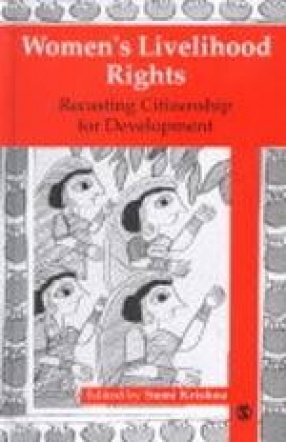
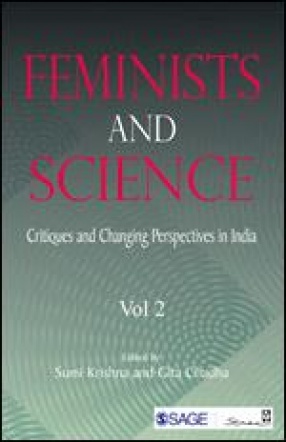

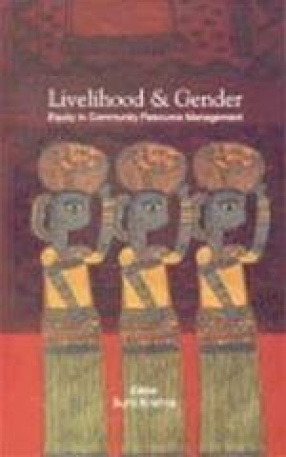
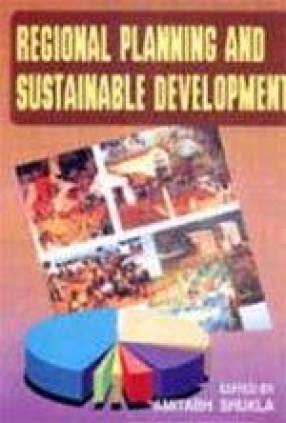
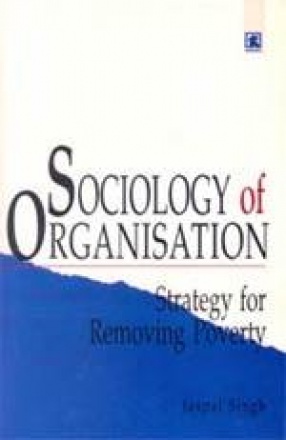
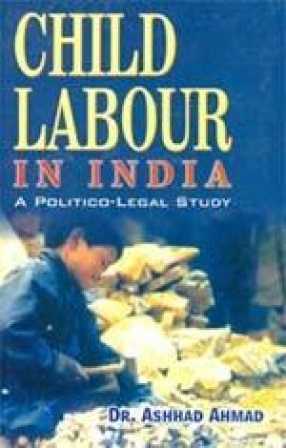
There are no reviews yet.